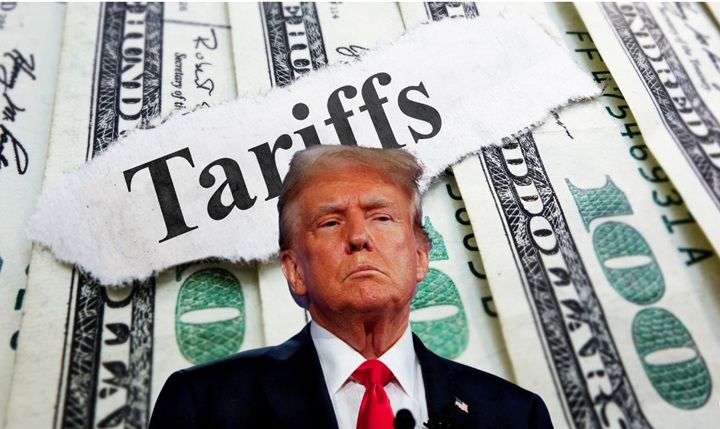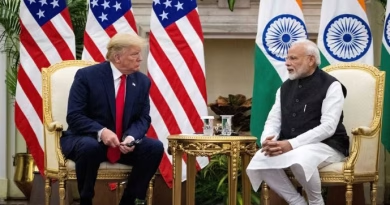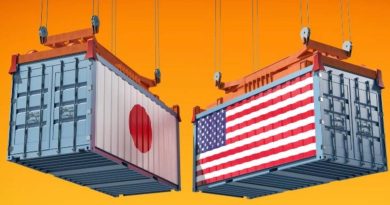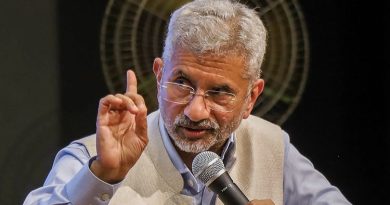US President Donald Trump’s renewed tariff measures have reignited free trade diplomacy worldwide, with major economies accelerating talks to cushion the blow of lost access to the American market.
Since Trump’s re-election last November, the European Union has sealed three free trade agreements — with Mercosur, Mexico and Indonesia — and is now targeting a deal with India by year-end. Mercosur has also signed a pact with the European Free Trade Area and reopened stalled negotiations with Canada. India and New Zealand resumed talks after more than a decade, while the United Arab Emirates struck three trade deals in a single day earlier this year.
Brussels has framed these moves as a response to what it calls “unjustified” US tariffs of about 15 percent on EU goods, coupled with Chinese restrictions on critical minerals. “The US, which represented 17 percent of EU trade last year, is not the only game in town. We also need to take care of the other 83 percent,” said EU trade chief Maros Sefcovic.
World Trade Organization chief Ngozi Okonjo-Iweala has welcomed the trend, saying such agreements “help diversify trade and support the WTO” so long as they comply with global rules.
Still, analysts caution that while new alliances carry long-term benefits, they cannot offset immediate losses from US tariffs. Trade agreements often take years to implement, with tariff reductions phased in over a decade. Research suggests Trump’s tariffs could shave 0.2–0.3 percent off EU GDP, though the bigger drag may come from uncertainty holding back corporate investment.
Experts note the strategic importance of these deals. “It’s about ensuring trade relationships are tied by bilateral treaties, not just fragile international rules,” said Niclas Poitiers of Bruegel. Others warn that without US demand — long the engine of global trade deficits — countries will struggle to create new markets for each other’s exports.
EU officials say Europe must present itself as “a reliable trading partner” and may need to stimulate its own internal demand to avoid stagnation.






